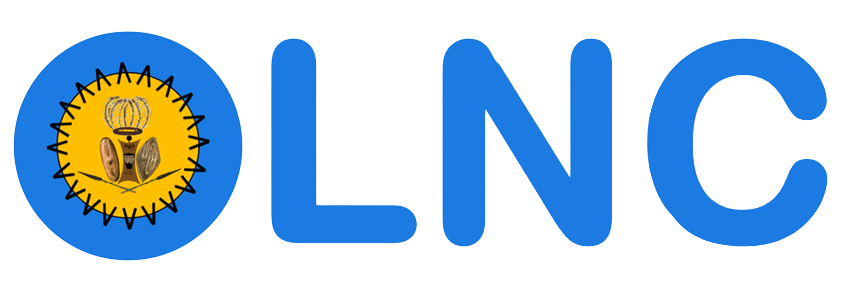By Nokrach (2024)
Introduction: A Land Controversy Unfolds
Ogenga Otunnu has recently found himself at the center of a major land dispute that has shaken the people of Pinyluo Acoli. Just weeks after the community celebrated two small victories—one in court and another in persuading President Museveni to delay their eviction from Apaa land—news emerged of an alarming development.
Allegedly, Professor Ogenga Otunnu, with backing from Uganda’s State House, has been persuading Acoli clan leaders to sign documents that would transfer 150,000 acres of land to unknown investors.
To put this into perspective, 150,000 acres equals 607.028 km²—which is more than three times the size of Kampala (189 km²). This massive land giveaway raises serious economic, social, and cultural concerns for the Acoli people.
The Social and Economic Ramifications of Land Giveaway
The proposed land transfer has sparked outrage and resistance among Acoli locals, as it threatens their ancestral land and livelihoods. The biggest concern is the influx of migrant workers, which could:
✔ Displace local Acoli people from their land.
✔ Reduce employment opportunities for unskilled Acoli workers.
✔ Erode cultural identity through demographic shifts.
Case Study: The Atiak Sugar Plantation
A similar situation has already unfolded in Atiak, where foreign workers—including Kikuyu from Nakuru, Kenya—have taken over key agricultural roles, such as operating combine harvesters. This precedent raises concerns that Acoli workers will once again be left out of employment opportunities, as companies import skilled labor from other regions.
The Cultural and Social Consequences
Beyond economics, this land giveaway poses a grave cultural threat to the Acoli people. If large-scale investments bring in thousands of migrant workers (mostly men), the following issues could arise:
✔ Disruptions in traditional family structures.
✔ Increased social tensions due to economic disparities.
✔ A gradual erosion of Acoli culture and identity.
With greater economic purchasing power, these migrant workers may outcompete local men, altering social dynamics and potentially leading to cultural extinction over time.
Land is More Than Just a Commodity
Land is not just a financial asset; it represents heritage, culture, and sovereignty. Nations around the world protect their land resources, knowing that once foreign investors take over, local communities lose control.
A land lease is not like lending a hoe; it is like handing over your home, wife, and children to a stranger, with a vague promise of return after many years. The Acoli people must reject this land grab to secure their future.
Call to Action: Reject Ogenga Otunnu’s Proposal
The people of Pinyluo Acoli must stand united in rejecting this land transfer. The risks—economic displacement, social upheaval, and cultural erosion—far outweigh any short-term financial gains.
🔴 Land is identity. Land is sovereignty. Land is non-negotiable.
What Can Be Done?
✔ Raise awareness on social media and in the community.
✔ Engage legal experts to challenge the deal.
✔ Demand government transparency on land ownership policies.
✔ Push for local employment protections in any development projects.
Final Thoughts
The question remains: Will the Acoli people defend their ancestral land, or will they allow history to be rewritten by external forces? The decisions made today will determine the legacy of future Acoli generations.


2 Responses
I am really inspired with your writing talents and also
with the format on your weblog. Is that this a paid theme or did you customize
it your self? Either way keep up the excellent quality writing, it is uncommon to peer a great weblog
like this one today. LinkedIN Scraping!
Well on its way to becoming the ultimate source of Luo information